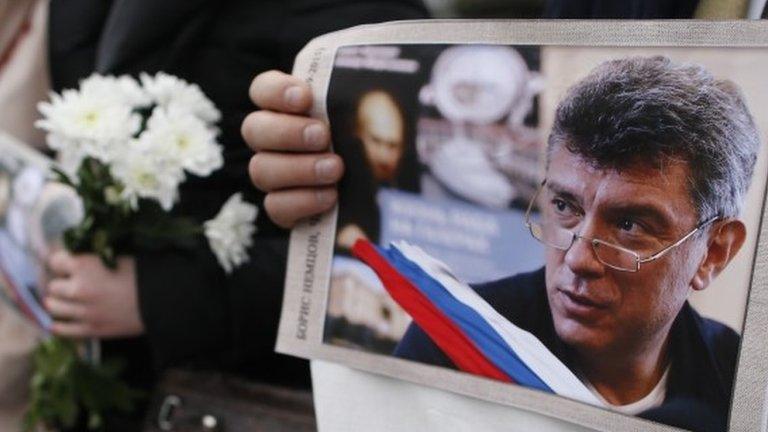Nemtsov daughter condemns Russian media 'propaganda'
- Published
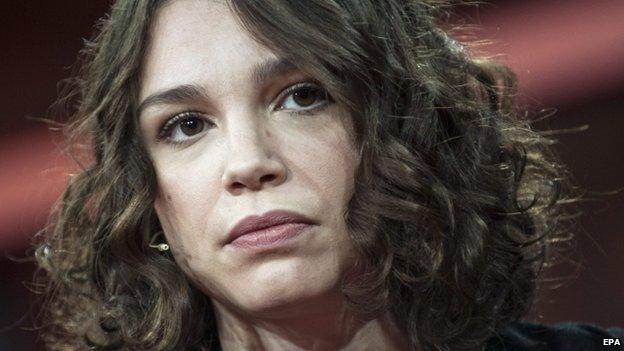
Zhanna Nemtsova has been working as a TV journalist for an independent TV station in Moscow
A daughter of murdered Russian opposition politician Boris Nemtsov has accused pro-Kremlin media of spreading hateful propaganda, and says she has left Russia to live in exile.
Zhanna Nemtsova told the BBC that she had received threats, and this was one of the reasons behind her departure.
In a newspaper column, she said Russian propaganda echoed the era of genocide in Nazi Germany and Rwanda.
Mr Nemtsov, a leading Kremlin critic, was shot dead in Moscow in February.
Five suspects have been arrested over the killing, all of them from the Russian republic of Chechnya. However, the investigation has not established who ordered the murder, and one of the suspects has said he was forced to make a confession.
Several critics of Russian President Vladimir Putin have left the country over the last few years, complaining of intimidation and authoritarianism.
A close friend of Mr Nemtsov, Vladimir Kara-Murza, was admitted to hospital with acute kidney failure last month. Doctors have not established a cause and his father told the BBC he suspected poisoning.
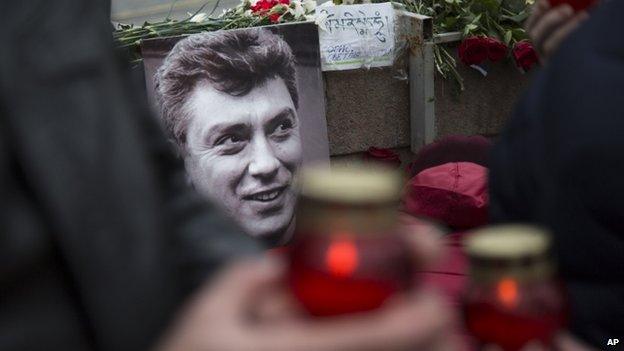
Boris Nemtsov was murdered as he walked along a bridge in central Moscow
In a column for business daily Vedomosti, Ms Nemtsova said state-controlled media in Russia had contributed to her father's death by labelling him and other opposition leaders "traitors".
She accused pro-Kremlin journalists of spreading hatred and intolerance, and urged the West to impose sanctions against those involved.
"Many of the texts of Kremlin-controlled media recall the rhetoric of African propagandists," she wrote.
"Putin's information machine - similar to those in Nazi Germany and Rwanda - is using criminal methods of propaganda, and sowing hatred which generates violence and terror."
- Published3 October 2016
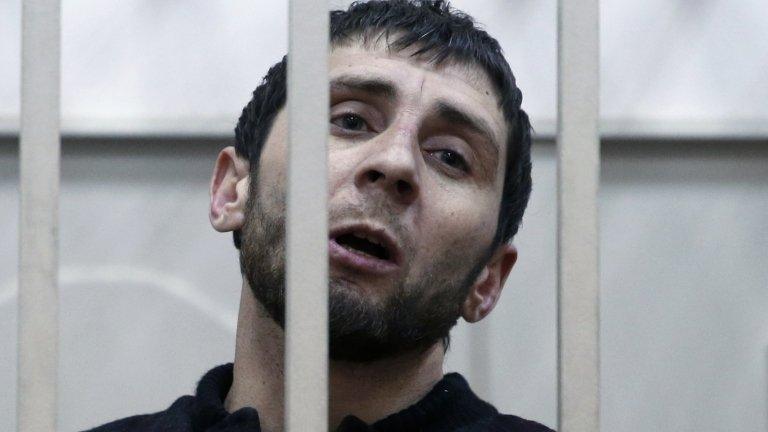
- Published21 May 2020
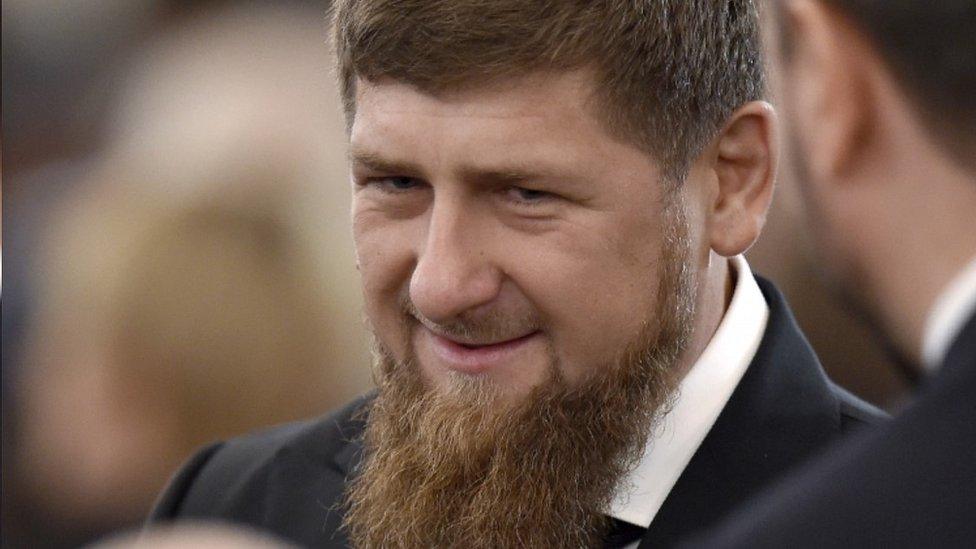
- Published7 March 2015
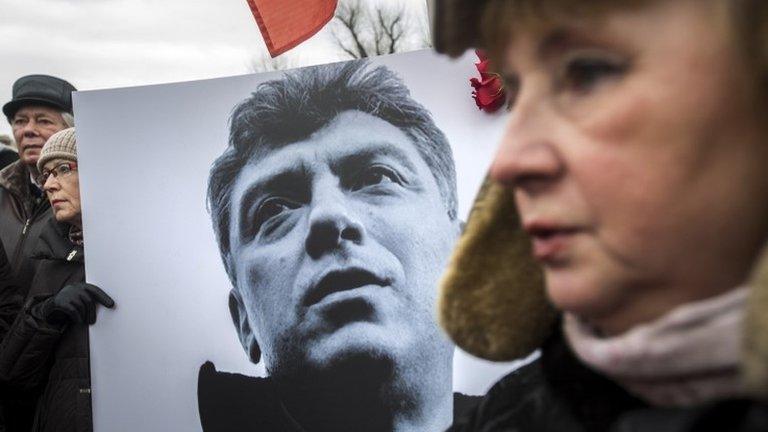
- Published2 March 2015
